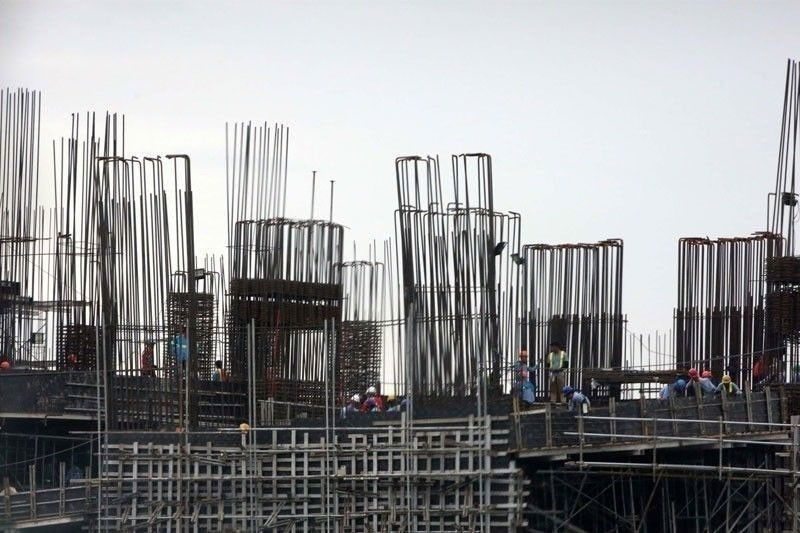‘IP infrastructure upgrade to attract investors’

San Francisco, California – Improving the country’s intellectual property (IP) infrastructure could help the Philippines attract more investors, according to a US-based IP expert.
“I think there’s an opportunity here to grow the infrastructure and to get the attention of people to see that I can protect my trade secrets. I can protect my proprietary tech, I can protect my patents in the Philippines,” Mark Cohen, head of the Asia IP Project at the Berkeley Center for Law and Technology at Berkeley Law School told The Star on the sidelines of a briefing.
“Then you’ll probably see more willingness to transfer the talent to build the R&D (research and development) centers with probably lower costs than the US and then to really contribute in what I think is a major opportunity for our lifetimes,” he said.
Cohen cited the semiconductors sector as one industry that could benefit from better IP regulations.
He explained that having good trade secret protection would give semiconductor companies the confidence to transfer their leading technology to the Philippines.
The IP expert suggested that the country start building up that confidence level and working with researchers to get people trained in the US, or getting US researchers to come to the Philippines.
Meanwhile, Cohen pointed out that a fundamental problem with the Indo-Pacific Economic Framework (IPEF) is that it does not incorporate intellectual property and technology issues directly.
“And I think we could learn from the RCEP (Regional Comprehensive Economic Partnership) agreement,” Cohen said, although he noted that RCEP is a very broad agreement.
“It’s not very deep in many respects, but it is very provocative. It does have a pretty robust IP chapter,” he said.
The Intellectual Property Office of the Philippines (IPOPHL) earlier expressed hope of using IP provisions under the RCEP to its advantage.
IPOPHL director general Rowel Barba said the agency is looking forward to a regional value chain of innovation and creativity built firmly on transparency, efficiency and cooperation, emphasizing that the RCEP features provisions related to IP.
“Chapter 11 or the IP chapter of RCEP, which was negotiated by IPOPHL affirms the imperative to reduce impediments to trade and investment through the effective and adequate creation, utilization, protection and enforcement of IP rights,” Barba said.
He explained that the IP chapter of the RCEP recognizes members’ different levels of economic development and capacity, differences in national legal systems, and the need to maintain an appropriate balance between rights of IP right holders and the legitimate interests of users and the public interest; and a transparent IP system that helps provide confidence to right holders, among others.
Barba emphasized that even before the RCEP’s entry into force in the Philippines earlier this month, IPOPHL has been preparing and already improving its services.
“Aside from completing accession and ratification of key international treaties on IP, we have streamlined our procedures, provided reliable e-services in IP administration, built a transparent IP system and continue to strengthen IP enforcement both in the physical markets and in the digital environment,” Barba said.
Moving forward, the agency hopes to use various provisions to its advantage, such as the Genetic Resources, Traditional Knowledge, and Folklore (Article 11.53), which is a unique feature for a free trade agreement, according to Barba.
Signed in November 2020 by the Association of Southeast Asian Nations including the Philippines together with their trade partners China, Japan, South Korea, Australia and New Zealand, RCEP accounts for 30 percent of the world’s population, trade and gross domestic product.
It covers trade in goods, services, investments, economic and technical cooperation as well as dispute settlement, among others.
The ratification of the agreement was approved by the Senate earlier this year.
- Latest
- Trending































